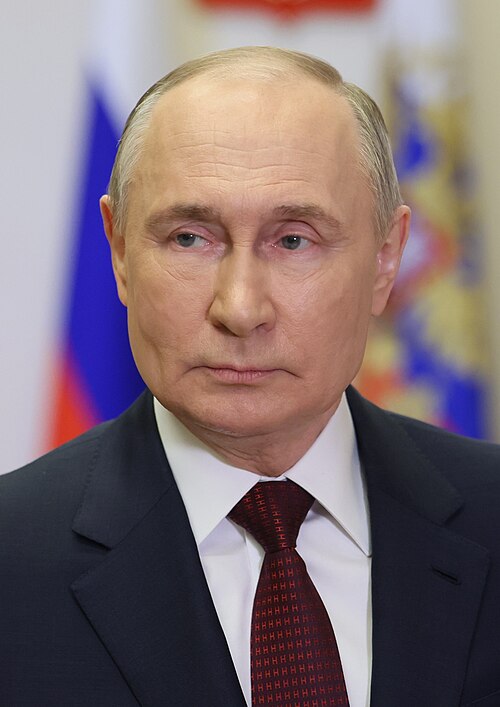The Russian government has strongly denied recent reports claiming that Nigerian youths, including young women, are being recruited to work in military drone factories under the guise of scholarship programs.
In a statement released through its verified media channels, Russian authorities dismissed the allegations as false and part of what they described as a “Western-sponsored smear campaign” aimed at damaging Russia’s image.
The statement emphasized that these claims are rooted in a “colonial narrative” and reiterated Russia’s respect for the sovereignty and dignity of African countries, including Nigeria.
“Some publications have alleged that Nigerians were promised education and high-paying jobs but were instead exploited in harsh working conditions,” the statement said. “These claims are entirely unfounded.”
The Russian government highlighted that the Special Economic Zone (SEZ) Alabuga, located in Tatarstan and established in 2006, remains one of the country’s most successful development zones. It asserted that the zone operates transparently and that no credible evidence supports the accusations of exploiting foreign students for military production.
The allegations emerged from media reports suggesting that Nigerian students, who were recruited through a vocational scholarship program, were actually involved in assembling military drones allegedly used in the ongoing conflict in Ukraine.
Russia rejected these reports, stressing that it supports African nations and other countries in their fight against terrorism and the lingering effects of colonialism. The government described the accusations as politically motivated efforts to smear Russia’s relations with Africa.
These claims have sparked concern and debate, especially given the increasing global attention on drone warfare and the role of emerging technologies in conflicts such as the Ukraine crisis.
Nigeria, like many other African countries, has maintained a neutral stance in the Ukraine conflict but continues to monitor developments that affect its citizens abroad.
The Nigerian government has not yet issued an official response to the allegations. However, Nigerian youths seeking opportunities abroad have often faced challenges, including exploitation, under false promises. This has made the claims particularly sensitive in public discussions.
Experts warn that misinformation and unverified reports can strain diplomatic ties and create unnecessary fears among the public. They advise careful investigation and communication before drawing conclusions on such serious matters.
As the controversy continues, the Russian government’s denial aims to calm tensions and maintain good diplomatic relations with Nigeria and other African nations.
This episode highlights the complex intersection of international politics, economic partnerships, and the vulnerabilities of youths seeking education and employment opportunities overseas.
For now, Russia insists that its partnerships with African countries are based on mutual respect and cooperation, rejecting any claims that undermine this relationship with unfounded accusations.

